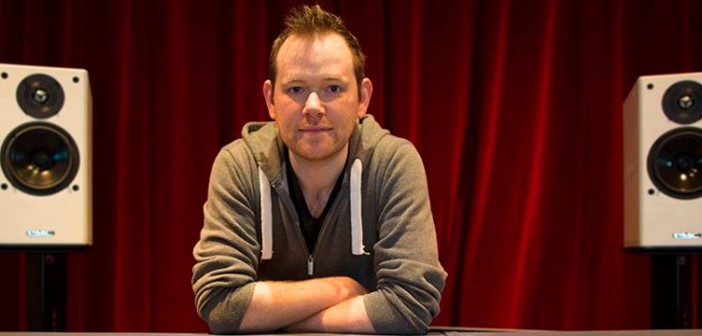You’ve just spent many days and nights locked in your bedroom. You made the beats, found the riffs, wrote the lyrics and tracked the vocals. A bit of mixing, a bit of mastering – DONE! Now what?!
by Dean McCarthy, MA
Making music from tiny bedroom studios and making it available to the public has never been easier. Technological convergence and the globalisation of music is something we have come not only to live with, but to expect more of. The playing field on which independent artists exist continues to level out, and these artists now challenge top major label artists everyday. Before the digital age, the major labels controlled much of how music was distributed and heard. These days, independent artists know how to mark their territory.
Don’t delay – your competitors won’t!
If you have made some music get it out there and let people hear it. Don’t worry if you don’t have the perfect image or who your fans are yet. Don’t be scared that people might not like it or that you get a bit of criticism. You need to begin somewhere and you can develop your strategy and your fan base from this point on. If you hold for too long, you risk somebody else capturing your market and capitalising on your potential fan base.
Content is king
Don’t believe that just because your music is out there it will be heard. In a time where anyone can release music, the battle to be listened to is harder than ever. Without good, marketable and engaging content, you will not be heard, shared or spoken about.
The music industries have always relied on the talents of the artist. Independent musicians have to do much of the promotion work themselves. You are not just a musician; you are marketing, management, PR, publisher… Those who are gifted and work hard will naturally shine through. If you know your work is of a high standard and the feedback is great, then the only thing holding you back is how hard you will work to get it heard. Hard work and and quality content will always prevail.
Image is important
Whether you believe your music is the best thing ever to grace the ears of mankind or not, you won’t get much attention if you don’t look interesting. Creating an aesthetic image suitable to your music and your market is almost as important as the music itself when cultivating a fan base. Many artists have been linked with their album artwork but not their music. E.g. “Deadmau5” for his mouse head imagery rather than his music.
Do your homework
Analyse those successful independent artists in your genre. Look at others for inspiration, but look to yourself for innovation. Find a concept you are happy with now and one you know you can evolve in the future when releasing more work.
Use social media to see how fans engage with other artists and look for the content which gets the greatest response. Find the right services that fans are using; are hip hop fans on Bandcamp or Soundcloud? Are dubstep producers using Youtube more than iTunes? Through social media, artists are able to gather analytics on what their fans like and dislike. Bloggers can be very influential and can help new artists get to a large audience quickly. Direct to fan strategies are of growing importance, especially at the early stages of your career. It is normal for successful independent artists to communicate with their fans regularly, if not daily.
Don’t be a snob
Although many people comment on how much bad music is in the charts, it gets there for a reason – market demand. You might not think it’s the best composition, or it has the best lyrics, but often it is the simplest work that gains traction the fastest. Being innovative is fine, but being over-complex can deter many of the average ‘pop’ market consumers away from your music. Even if your work isn’t meant for that market, consider what changes may lead to more plays. Be willing to revise the way you are creating from the response you get from your listeners and respond to criticism constructively.
“Don’t confuse pride with being a music snob”
Make a plan
What if your track gets popular and your fans want more? More music, images, contact… more of everything. Do you have anything more to give?! The attention span of the consumer is fickle, and if you can’t keep them engaged longer than the three minutes of your song, they may never find their way back to you again. Have some idea of what your next step will be if you do get attention and develop this as you go. Planning a social media strategy to keep fans talking and sharing your work is great, but making sure they continue to do this depends on how you engage.
__________________
Going Indie is a blog series dedicated to the independent music scene.
Dean McCarthy is an alumnus from SAE London with an MA in Music Industries from Birmingham City University. His academic work focuses on technological and cultural convergence and he freelances as an audio engineer in Oxford.
http://www.athingcalledmusic.com




1 Comment
Way cool! Some very valid points! I appreciate you
penning this write-up and the rest of the site is also really good.